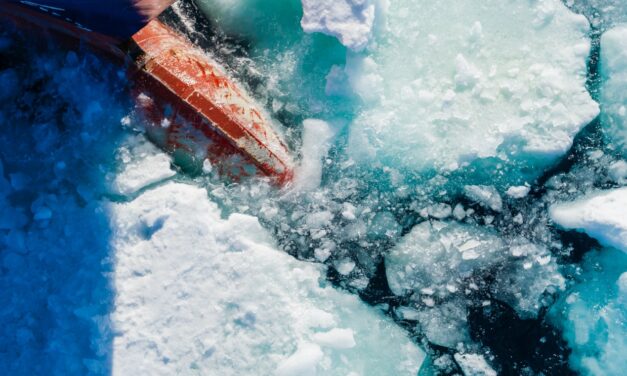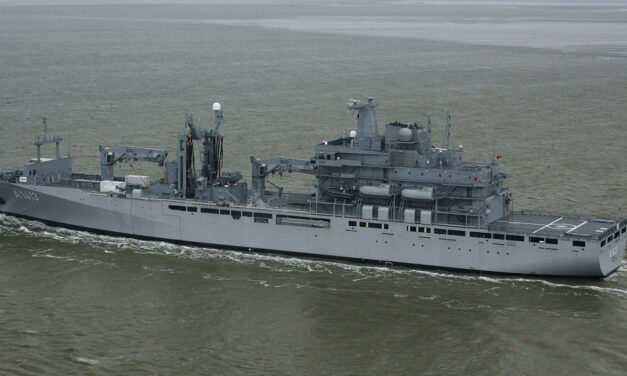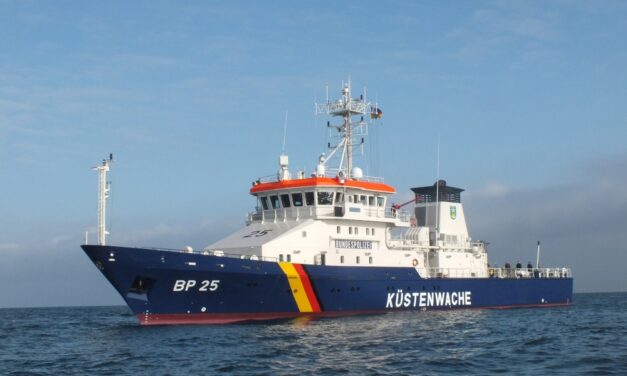1TP5Understanding the sea: Major powers redefine their interest in the Arctic
The Arctic has increasingly become the focus of public attention in recent years. But even in German-speaking countries, it is no longer climate change alone that characterises interest in the High North. There are more and more reports and features from the Far North that talk about new ports, shipping routes, c and re-militarisation. But what exactly is going on in the northern polar region? Is it all about raw materials? Are we facing a new cold war on the northern flank? What are the drivers of these developments and who is pursuing which interests? In a loose series of articles, the...
Read More





Latest comments